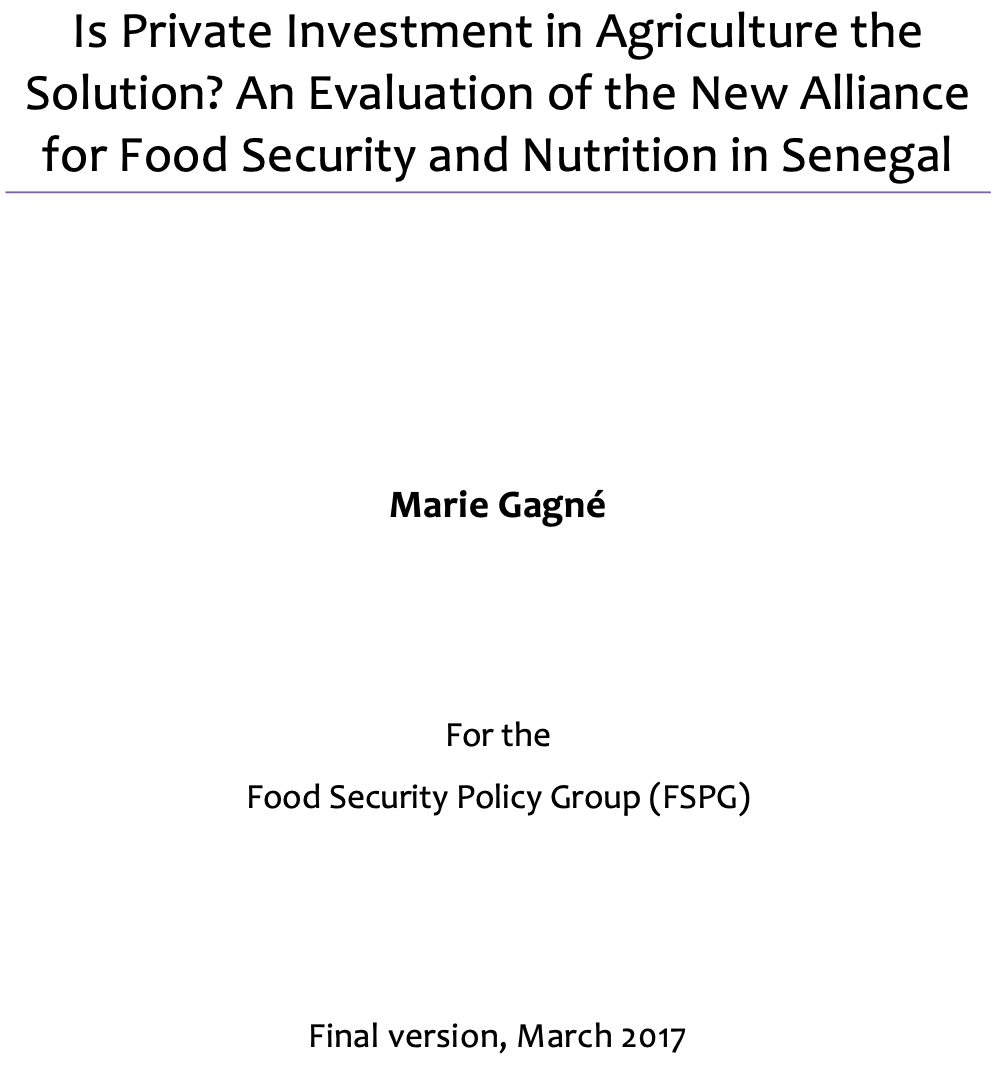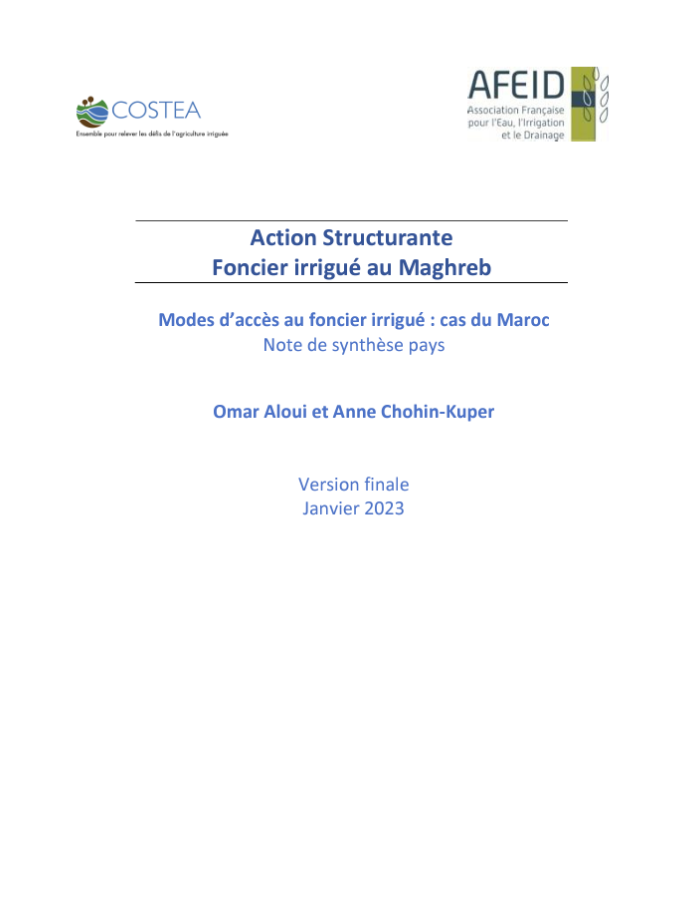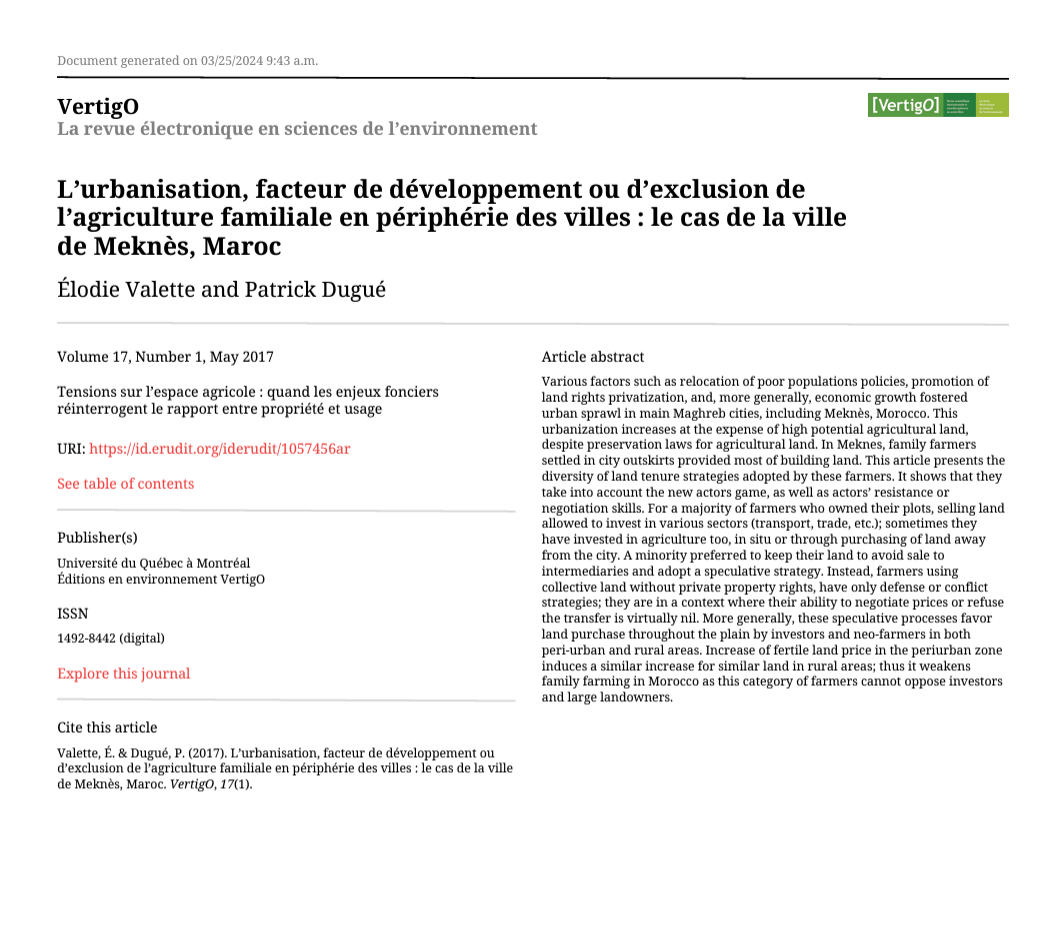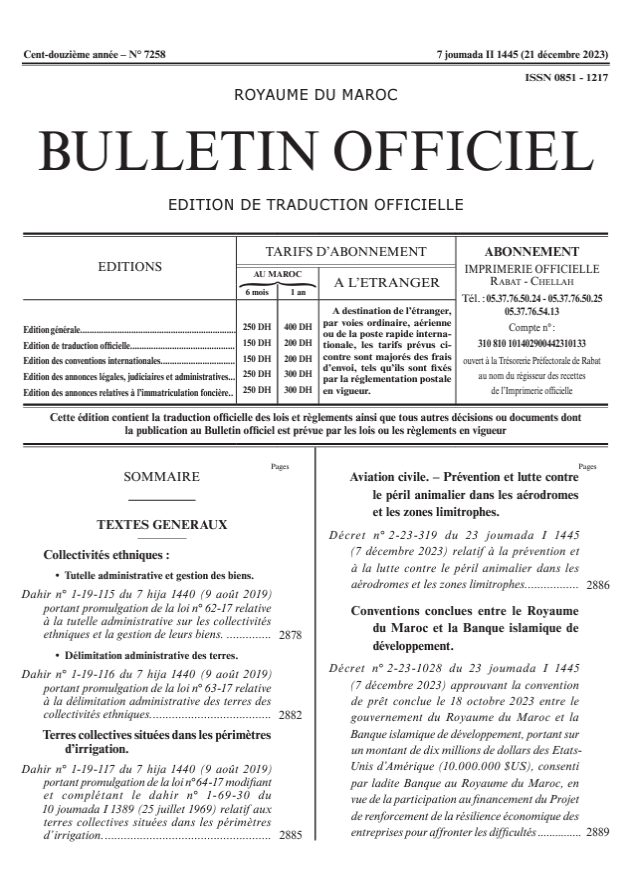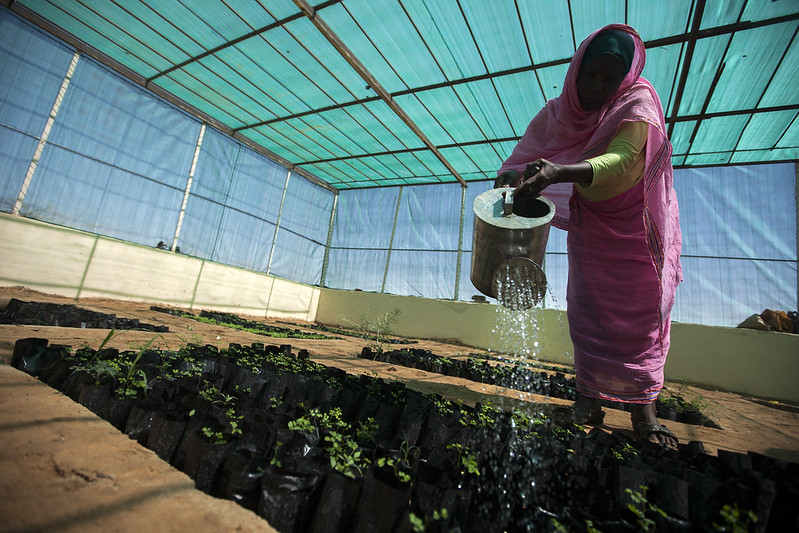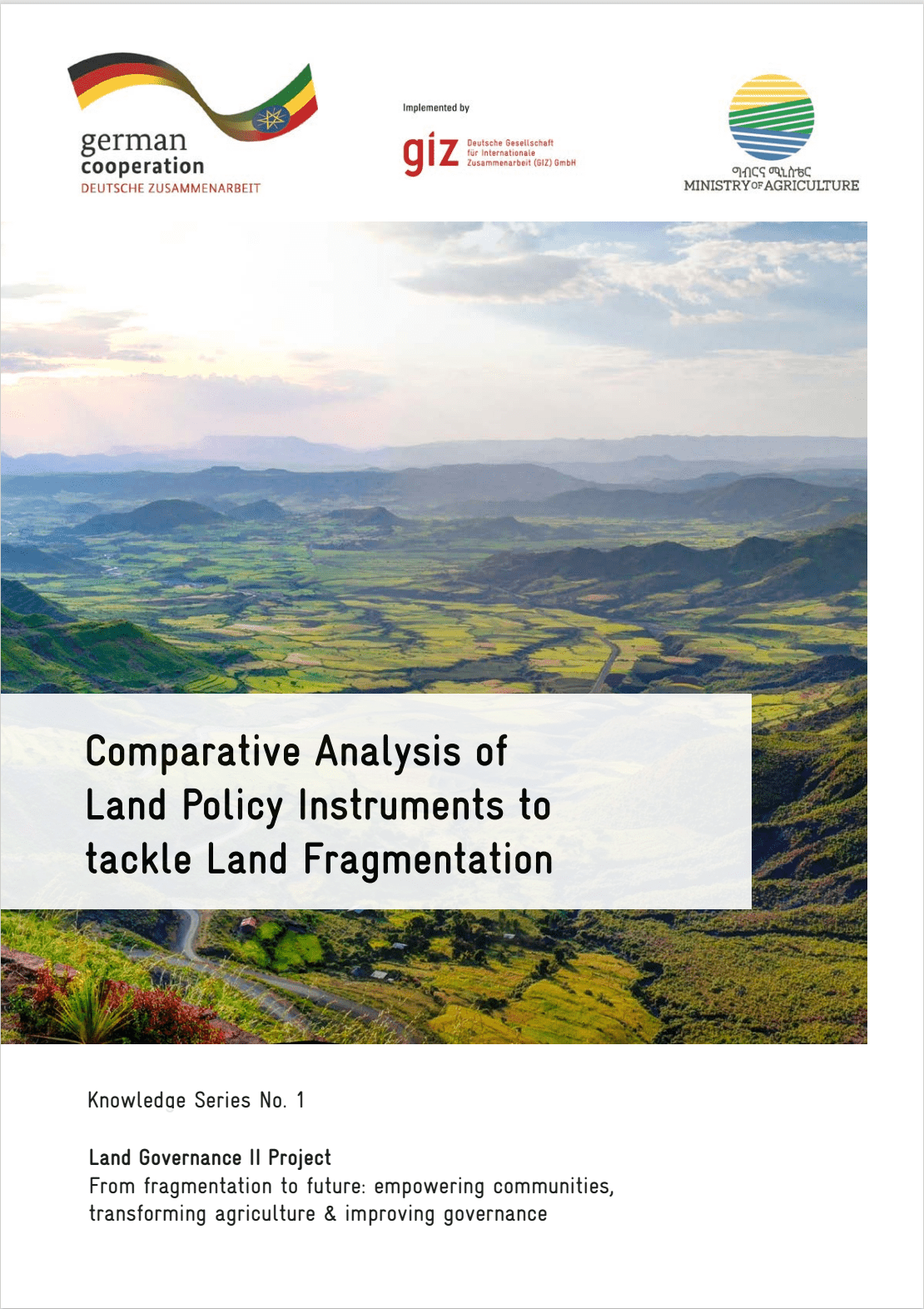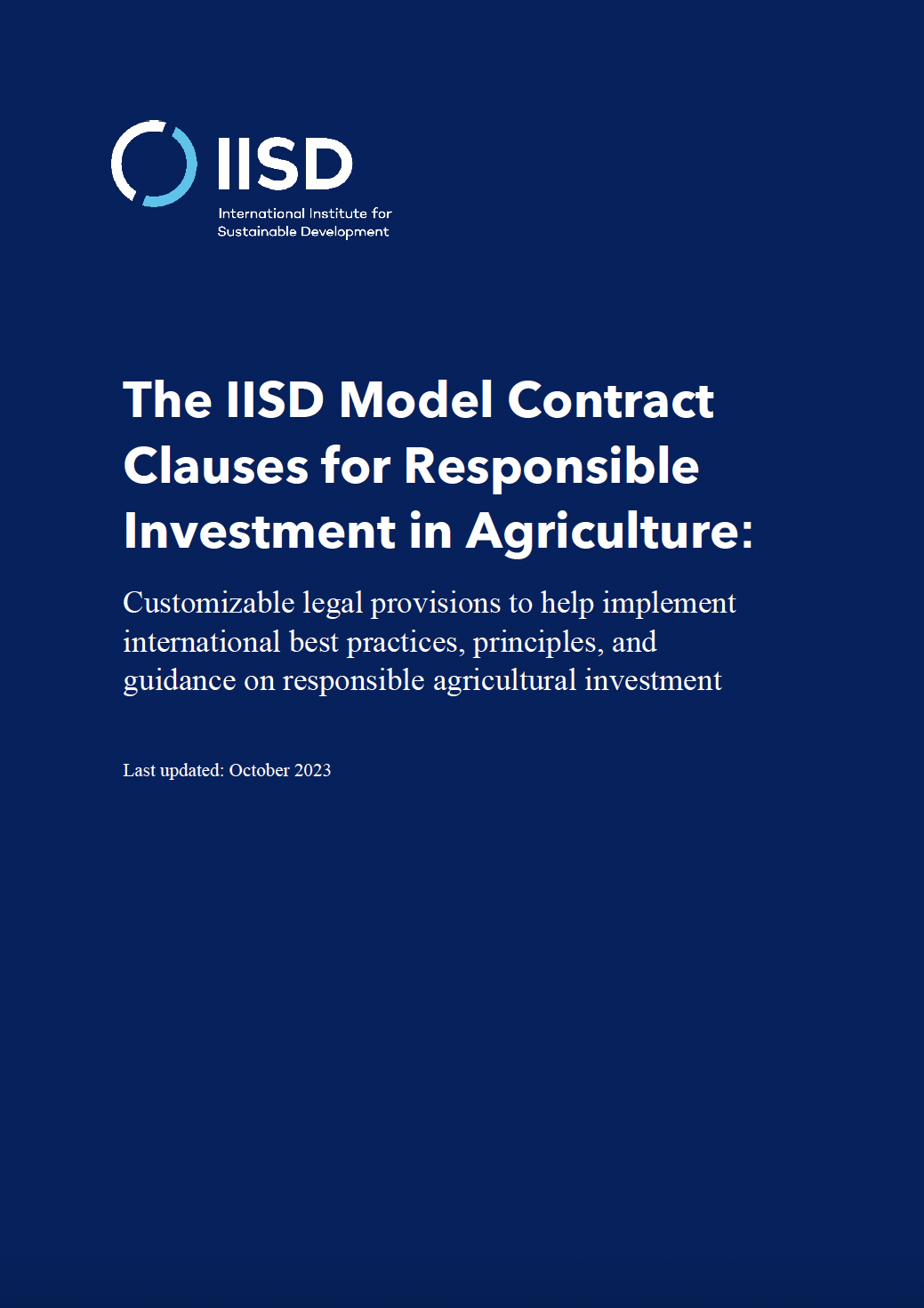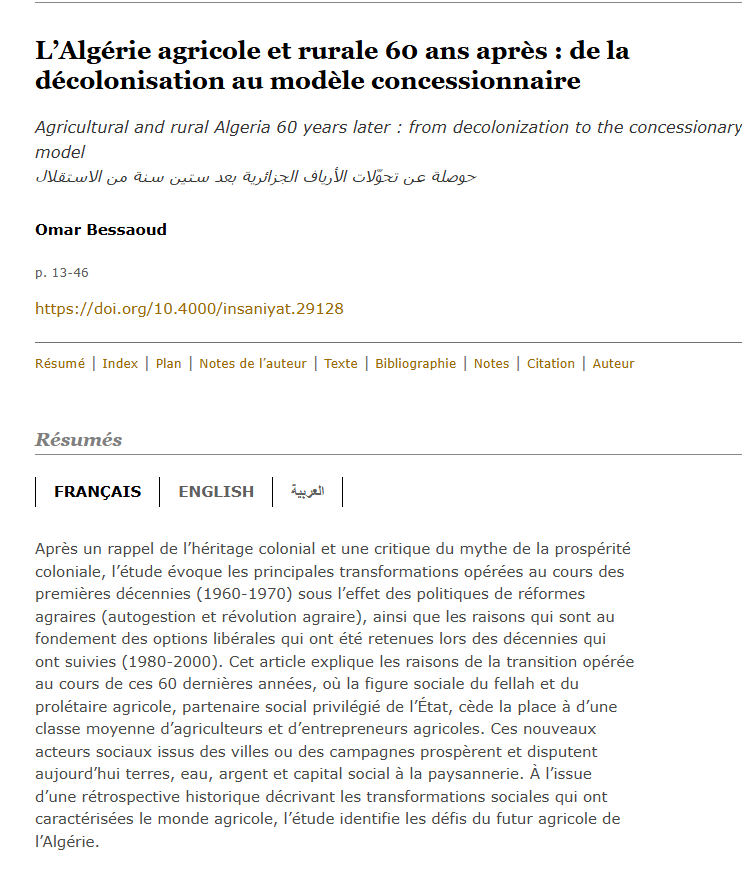Is Private Investment in Agriculture the Solution? An Evaluation of the New Alliance for Food Security and Nutrition in Senegal
Launched on 18 May 2012, the New Alliance for Food Security and Nutrition (NAFSN) is a G8 (now G7) initiative spearheaded by former US President Barack Obama. The New Alliance aims to increase private investment in African agriculture as a means to “achieve sustained and inclusive agricultural growth and raise 50 million people out of poverty over the next 10 years.” In total, 10 African countries have signed on to the NAFSN.

